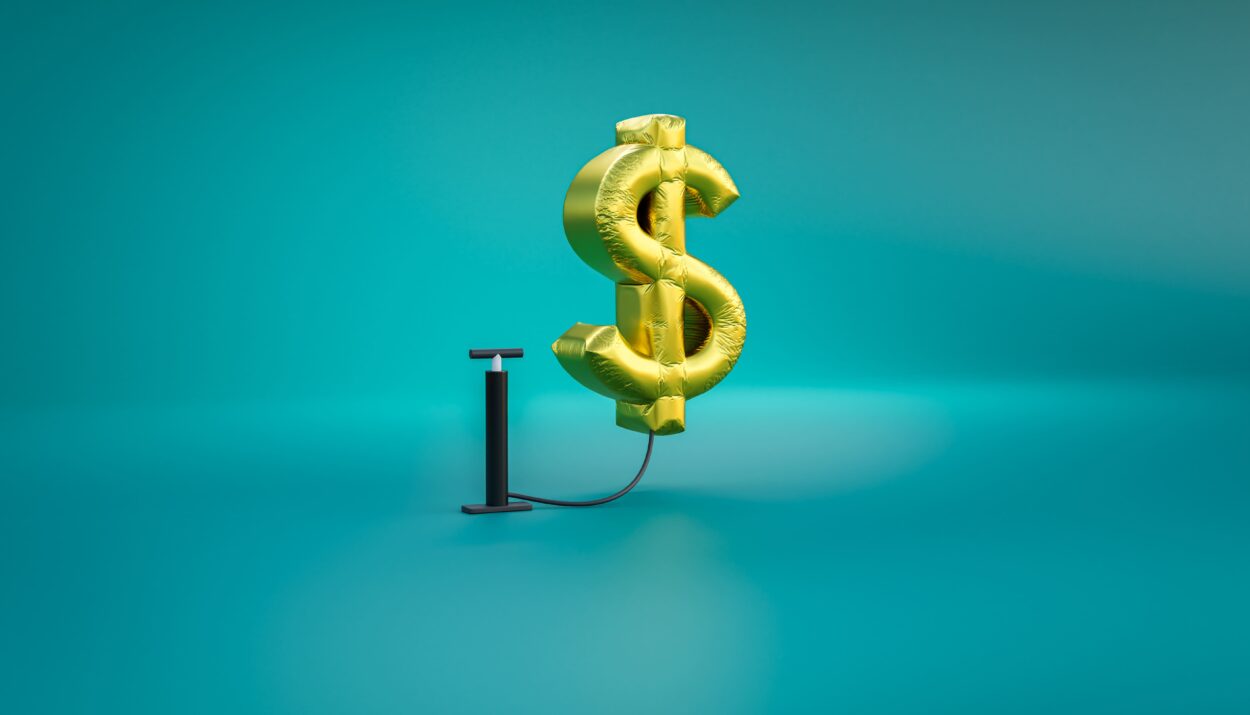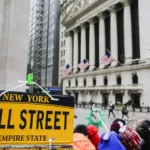As President Trump’s August 1 tariff deadline looms, American families are bracing for a sharp rise in prices—just in time for back-to-school shopping. The so-called “reciprocal tariffs,” delayed since April, are now set to take effect and could raise the cost of everything from sneakers to laptops, groceries to auto parts.
According to the Yale Budget Lab, the average household could shell out $2,700 more in 2025 as a result of the new import duties.
Back-to-School Budgets Under Fire
Many back-to-school essentials are at risk of immediate price hikes:
- Electronics and computers: Prices could jump 20.5%.
- Clothing: Up 36%, with many cheap imports targeted.
- Shoes and handbags: Could spike by 40%, especially goods from China and Southeast Asia.
“Parents are going to feel this,” warned Ernie Tedeschi, Yale Budget Lab’s director of economics. “It’s a regressive tax—lower income families will be hit the hardest.”
Tariff Rates by Country
Trump’s plan is sweeping:
- Canada: 35% tariffs
- European Union: 30%
- Brazil: 50% (including beef and coffee)
- Thailand: 36% (jasmine rice)
- India & Pakistan: Up to 29% (basmati rice)
- China: 30% starting August 12 (could be delayed again)
Trump: “Countries will face a simple tariff of 15% to 50%, depending on how well we’re getting along.”
Despite ongoing trade talks, major US partners Mexico and the EU remain without final deals. Japan negotiated down from 25% to 15%, while Brazil faces the steepest penalties—particularly over the prosecution of Trump ally Jair Bolsonaro.
Groceries & Household Staples Also Affected
The price hikes go beyond school supplies:
- Beef: Already at record highs, may rise further due to Brazil tariffs.
- Coffee: Could surge as Brazil faces a 50% levy.
- Rice: Aromatic varieties from Asia could jump up to 36%.
- Wine, chocolate, and produce: Prices are rising—but not all increases are tariff-related. Hershey’s, for example, blamed cocoa shortages, not tariffs, for recent hikes.
Cars and Parts to See Major Impact
- New car prices could rise by 13.1%, or about $6,300 on average.
- Auto parts: Expected to spike 17.3%.
- Even “Made in USA” brands like Tesla aren’t immune, since 20% of their parts are imported and subject to tariffs.
Tedeschi: “Buying domestic doesn’t guarantee you’ll avoid price hikes.”
Short-Term vs Long-Term Outlook
The Yale Budget Lab predicts immediate inflation, followed by years of global reoptimization. In the long term, businesses may reshore production or shift supply chains to avoid heavily tariffed nations. But in the meantime, consumers are likely to bear the brunt.
Big Picture: $2.9 Trillion in Revenue
Trump’s tariffs are projected to raise:
- $2.9 trillion over the next decade (Yale Budget Lab)
- $2.5 trillion, according to the Tax Foundation, if the policies withstand legal challenges.
But critics argue that this revenue comes at a cost—one that hits the checkout counter.
August 1 is the big deadline. Treasury Secretary Scott Bessent hinted some tariffs (like China’s) might be delayed again. But Trump’s push to finalize “90 deals in 90 days” has largely fallen short, with only a handful of agreements in place.
And with school season ramping up and inflation still a hot-button issue, the next few weeks could reshape both political and economic narratives heading into the fall.
Disclosure: This article does not represent investment advice. The content and materials featured on this page are for educational purposes only.
Related:
Wall Street Keeps Breaking Records, But Big Tests Are Looming










